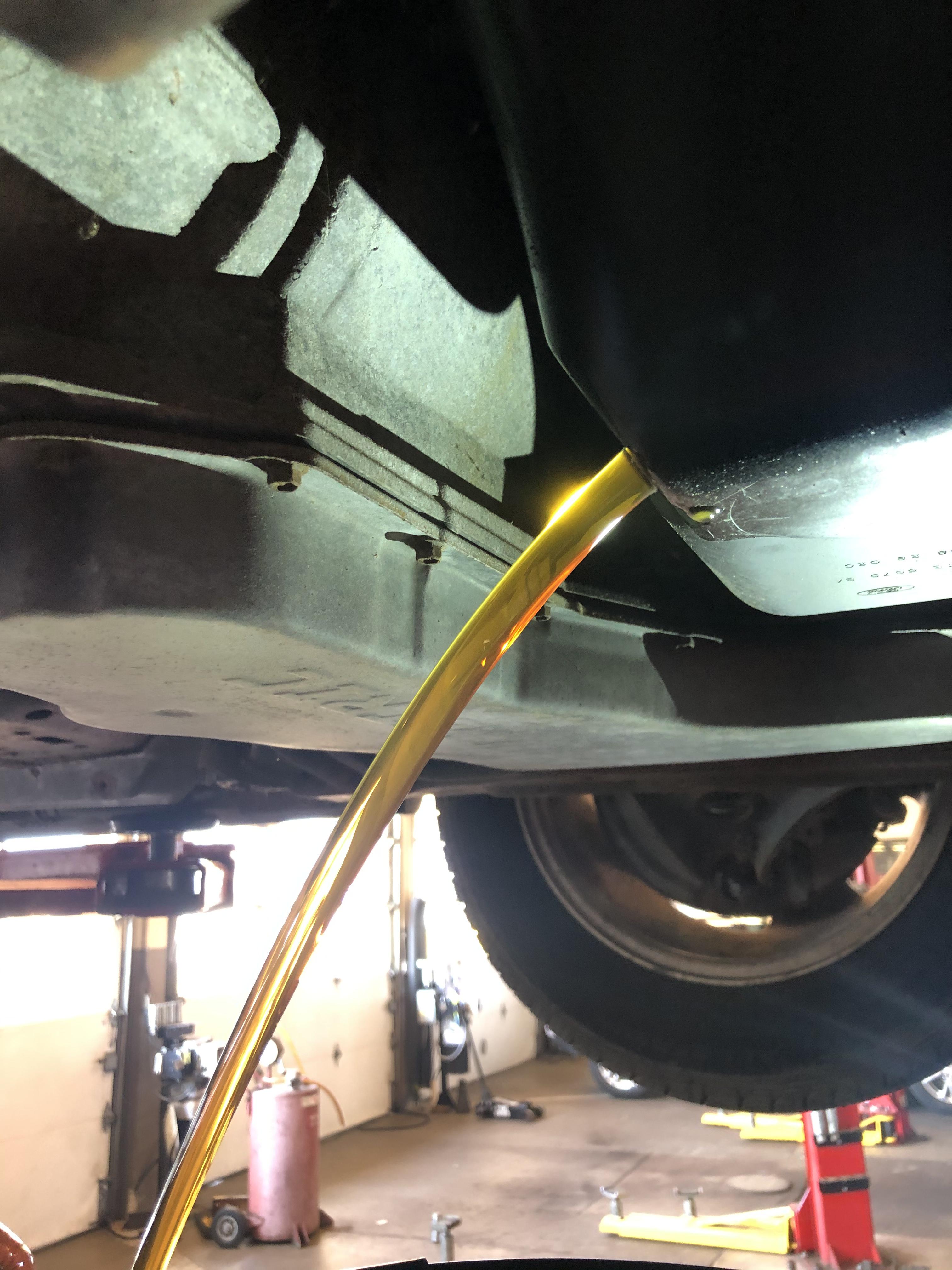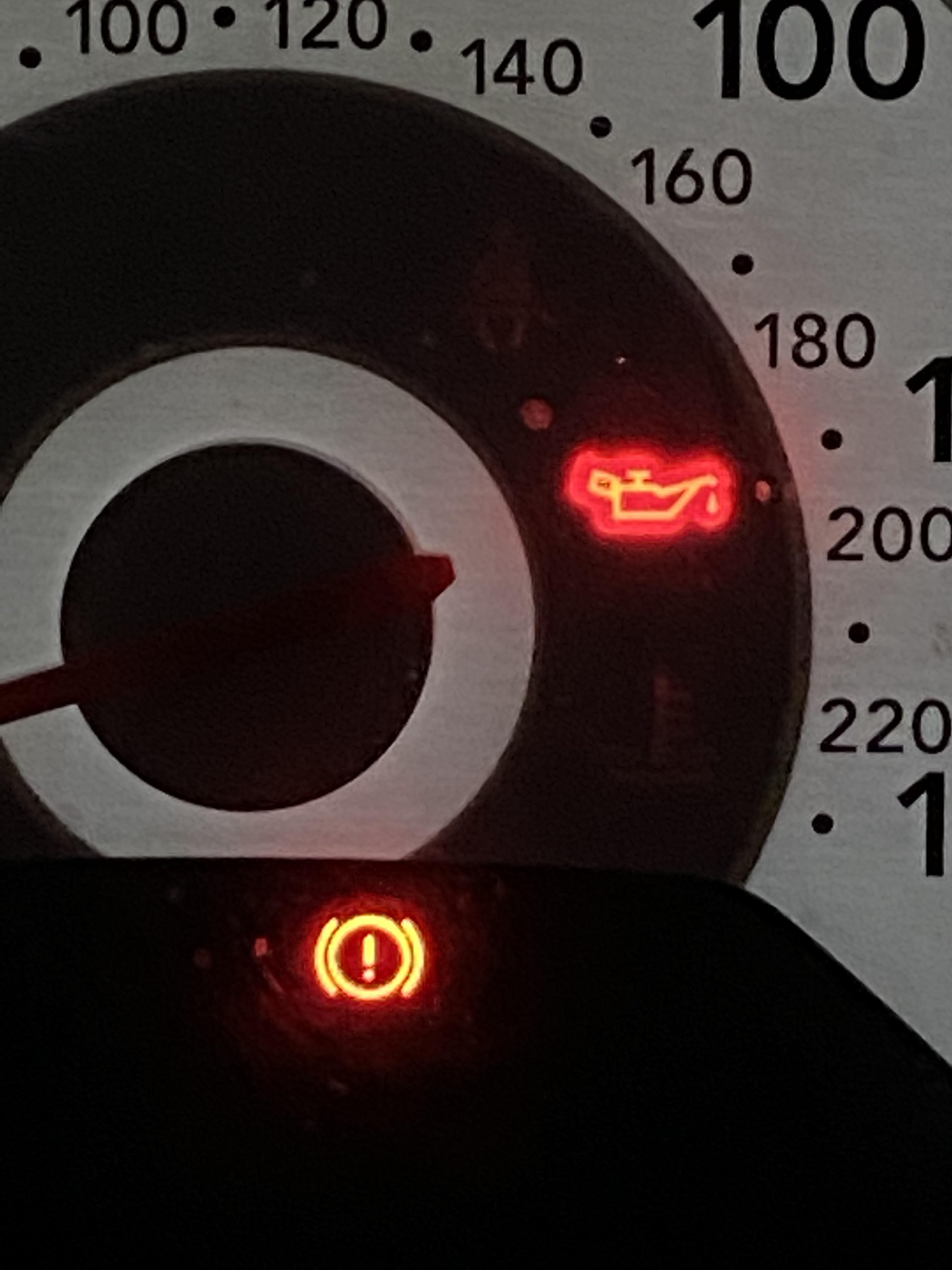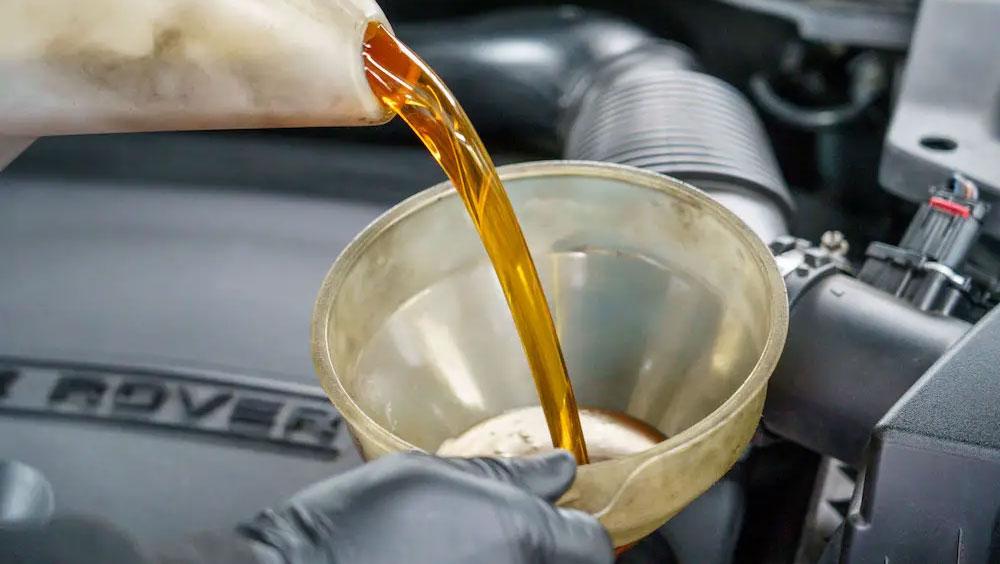If you've ever owned a car, you know how rough it can be when things break down. Getting regular oil changes is part of the normal cycle for just about every car on the road, even if it is a time-consuming hassle for many. Most people know that oil is a lubricant, but it does a lot more than just grease the gears, and keeping it fresh is crucial.
What Oil Does in Your Engine

Your car's engine has a lot of metal parts that move against other metal parts. Fresh oil forms a thin liquid coat on the surface of these parts and lets them slide over each other with little friction. Oil that goes too long without a change gets thicker over time, becoming a less efficient lubricant and potentially gumming up the works. Thicker oil also lets parts grind against each other, speeding up wear and tear. The friction this causes also generates a lot of heat, which accelerates the process and damages your engine even faster. Most modern oils also have detergents in them that fight corrosion, rust, and particle buildup. Old oil can't do this, so the engine components rust faster than they have to.
When Should You Change Your Oil?

Your car's owners' manual should tell you how often it needs an oil change, as well as what grades of oil are optimal for the motor. As a rule, you should be changing your oil every 6 months or 3,000 miles, whichever comes first. You might be able to skate a little longer with newer cars or higher grades of oil, but try not to push your luck.


